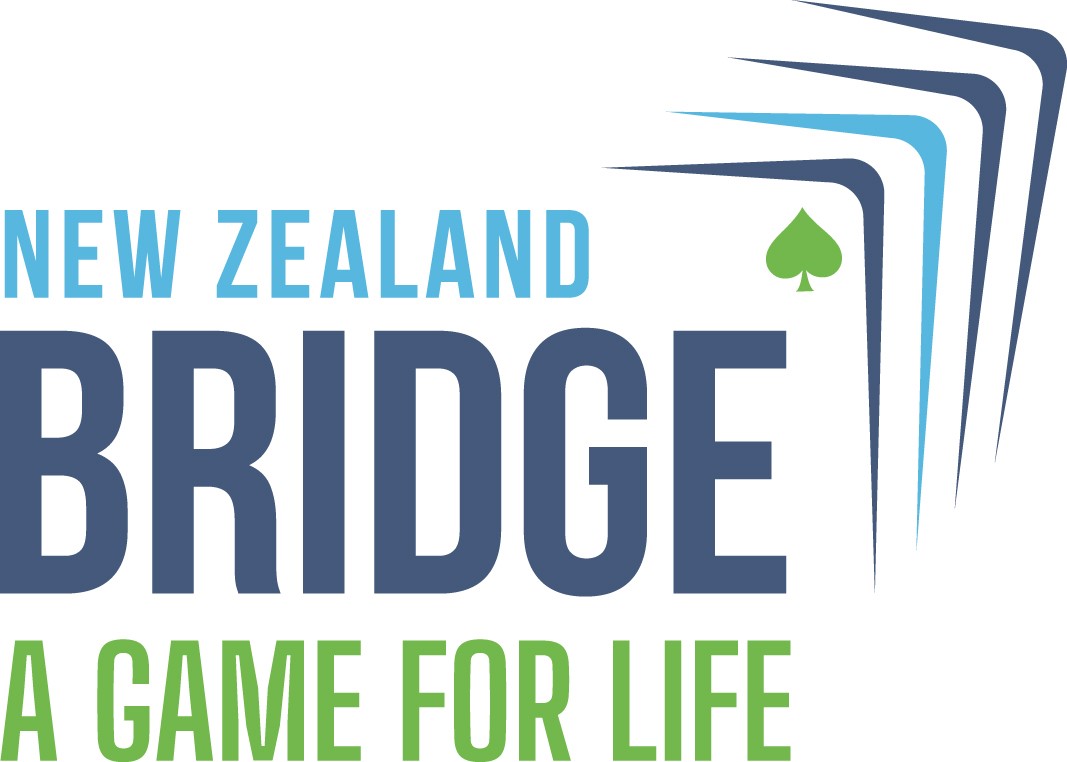- Home
- Online Bridge Links to Sessions
- Kapiti Horowhenua Area Pairs
- Lessons
- Results
- Location
- News
- Committee
- Links
- Competition Winners Wednesday
- Competition Winners Thursday
- Competition Winners other
- Tournaments
- Constitution and Policies
- Rules and Guides
- Zero Tolerance Policy
- Appeals Procedure
- History
- Sponsors
- Rosters
- Club Gradings
- Club Recorders
- Privacy Policy
Levin Bridge Club Tournaments 2025
- Easter Restricted 8B 19 April 2025
- Intermediate 5B 15 June 2025
- Junior 3B 15 June 2025
- Open 5A 20 July 2025
- Multigrade Swiss Pairs 8B 6 September 2025
Partnership Agreements Refer Law 40 and 75
It is improper to convey information to partner by means of a call or play based on special partnership agreement, whether explicit or implicit, unless such information is fully and freely available to the opponents (see Law 75).
It is not improper for a player to violate an announced partnership agreement, so long as partner is unaware of the violation (but habitual violations within a partnership may create implicit agreement which must be disclosed).
No player has the obligation to disclose to the opponents that s/he has violated an announced agreements and if the opponents are subsequently disadvantaged, ie. By drawing a false inference from such violation they are not entitled to redress.
When explaining the significance of a partner’s call or play in reply to an opponent’s enquiry (see Law 75), a player should disclose all special information conveyed to her/him through the partnership agreement of experience, but need not disclose inferences drawn from general bridge knowledge and experience.
It is improper for a player whose partner has given a mistaken explanation to correct the error immediately or to indicate in any manner that a mistake has been made. (S/he must not take any advantage of the unauthorized information so obtained). If player becomes declarer or dummy s/he must call the Director after the final pass. However, if the player is a defender the director shall be called after play of the hand ends (Law75D).
If a player subsequently realizes that her/his own explanation was erroneous or incomplete, the Director should be called immediately so that Law 21 or Law 40(c) can be applied.
